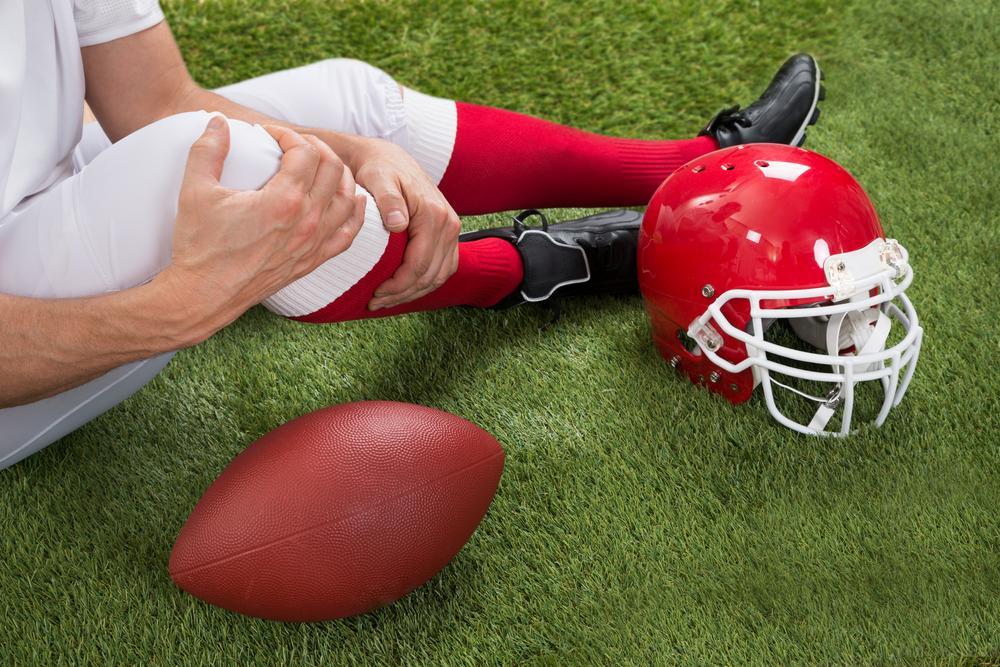Share Post

3 Things Your Physical Therapists Want You to Stop Doing
Your physical therapist works with you on implementing new things into your life, but what would they like you to stop doing? Patients who have never been to physical therapy may have a warped perception of what it would be like or are nervous for what to expect. Physical therapy after having surgery can be intimidating, but we are here to help you avoid making simple mistakes during physical therapy.
Stop Doing Too Much Too Soon
After surgery or an injury, it is important for your body to be able to recover. Though it may be hard to stop doing the things you love like running or getting active, it is in your body’s best interest to rest. Only do workouts that have been approved by your physical therapist.
Your physical therapist will let you know exactly what exercises to do until you fully recover. Make sure to be open with your PT about what exercises you have done outside of your session. If you took your dog on a long walk, had a long day of cleaning the house, or any other activity that may have put stress on your body, let your physical therapist know beforehand. It may not be possible to stop any and all activity (and may not be necessary) but being aware of when you have done too much will actually help you in the long run.
Your doctor should also give you strict instructions on the days after surgery. If you go through surgery, your body may be weaker in the days following surgery. Whether it’s a leg injury that shouldn’t bear weight or an arm/back injury where you are advised to not lift heavier objects, make sure to follow all protocols to ensure there is no reinjury or further damage done. These protocols are put in place in your best interest!
Your physical therapist will slowly get you back to where you would like to be. A great physical therapist will create small goals for you to achieve along the way so that you are motivated to keep going and focused on what you can do right now.
Stop Skipping Your At-Home Physical Therapy
Patients may be tempted to skip their at-home exercises, or think they are not important. However, your physical therapist gives your these for a reason. You come to physical therapy to learn the exercises and be coached on how to do them correctly, but the real work comes from those home exercises. You want to make sure you are making progress both with your physical therapist and at home.
The amount of home exercise you do depends on the plan your PT puts together for you and how many times a week you work with your PT. If during your home exercises you feel pain or discomfort, be sure to let your physical therapist know so they can adjust the plan. The last thing you want is to be doing an exercise that could be making your pain worse.
Stop Doubting Yourself at Physical Therapy
Our physical therapists understand how hard it can be coming back from an injury, especially emotionally. You may have lost the ability to play the sport you love, the job you love, or even things that may sound simple like taking out the trash. Our physical therapists will work with you on creating a new normal, and embracing the things are able to do! Celebrating the small victories along the way makes all the difference.
During physical therapy, keep an open mind at the stretches or exercises you are instructed to do. You want to make sure to push yourself so that you can improve without hurting yourself, and your PT will guide you through what the looks like.
In short, listen to your physical therapist and focus on your end goal. It may not be a straight line to the top, but you will eventually get to where you need to be if you follow the instructions of your healthcare providers.
Related Posts
Physical Therapy for Neck Pain Neck pain affects 1 in 3 people every year according to informedhealth.org. This chronic condition [...]
What is Scoliosis? Scoliosis is a condition in which the spine is curved. It is most often diagnosed [...]
Football players are prone to injuries due to the amount of contact and sudden movements involved in the sport. [...]




